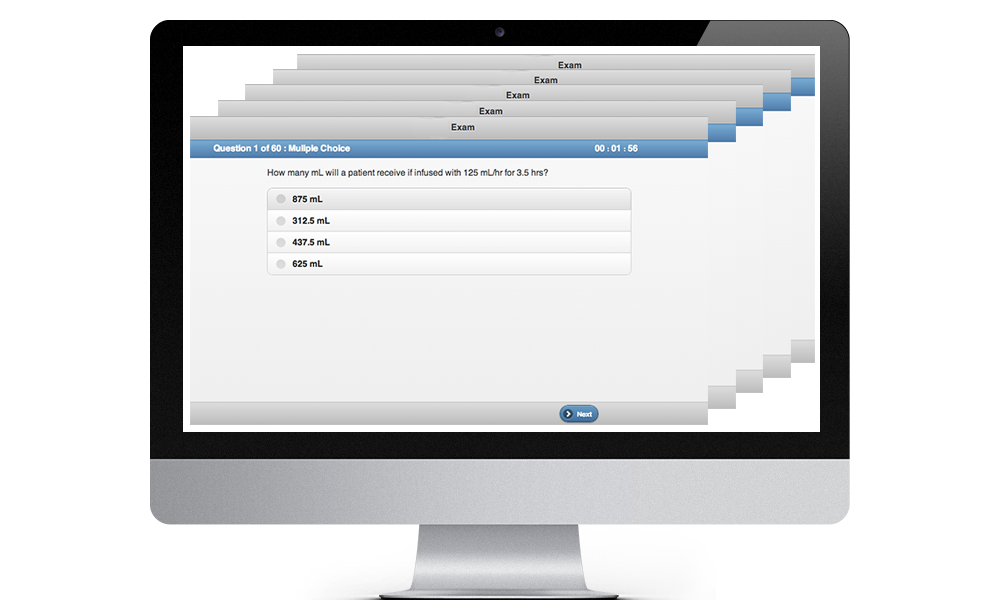VTNE Practice Test
Question 1 |
Flexing the back (arching). | |
Digesting. | |
Supporting abdominal organs. | |
Functions that involve straining such as parturition. |
Question 2 |
Dorsal. | |
Transverse. | |
Median. | |
Sagittal. |
Question 3 |
Eosinophils. | |
Neutrophils. | |
Monocytes. | |
Lymphocytes. |
Question 4 |
Inflammation of the nephrons. | |
Inflammation of the epithelial tissue between renal tubules. | |
Inflammation of the connective tissue between renal tubules. | |
Multiple inflamed fluid filled sacs on the kidneys. |
Question 5 |
Prorubricyte. | |
Metarubricyte. | |
Rubricyte. | |
Rubriblast. |
Question 6 |
A hormone secreted by the kidneys. | |
A triangular area of the bladder. | |
A small molecule that carries an electrical charge. | |
The outer section of the kidneys. |
Question 7 |
Hormones. | |
Vitamins. | |
Enzymes. | |
Neurotransmitters. |
Question 8 |
Cure. | |
Prevention. | |
Diagnosis. | |
Treatment. |
Question 9 |
Adenectomy. | |
Sialadenectomy. | |
Adenoidectomy. | |
Choledectomy. |
Question 10 |
Bulbar apparatus. | |
Tarsal glands. | |
Extraocular glands. | |
Lacrimal apparatus. |
|
List |
Veterinary Technician Practice Exam
Prepare for the VTNE exam using our database of 1000+ VTNE practice test questions. Take full-length Veterinary Technician practice exams or focus quizzes, and track your progress to identify weak knowledge areas. Our subject matter experts have written the VTNE practice test questions to mimic the content and test format you will see on the real VTNE exam. Our program includes:
- Unlimited VTNE practice tests with explanations
- Online and mobile access, available any time, any where
- 100% pass guarantee
Your VTNE practice test will be graded instantly, allowing you to identify areas that need improvement. Our reporting system will let you track progress over time so you can see improvement and know when you are ready for the real VTNE test.






